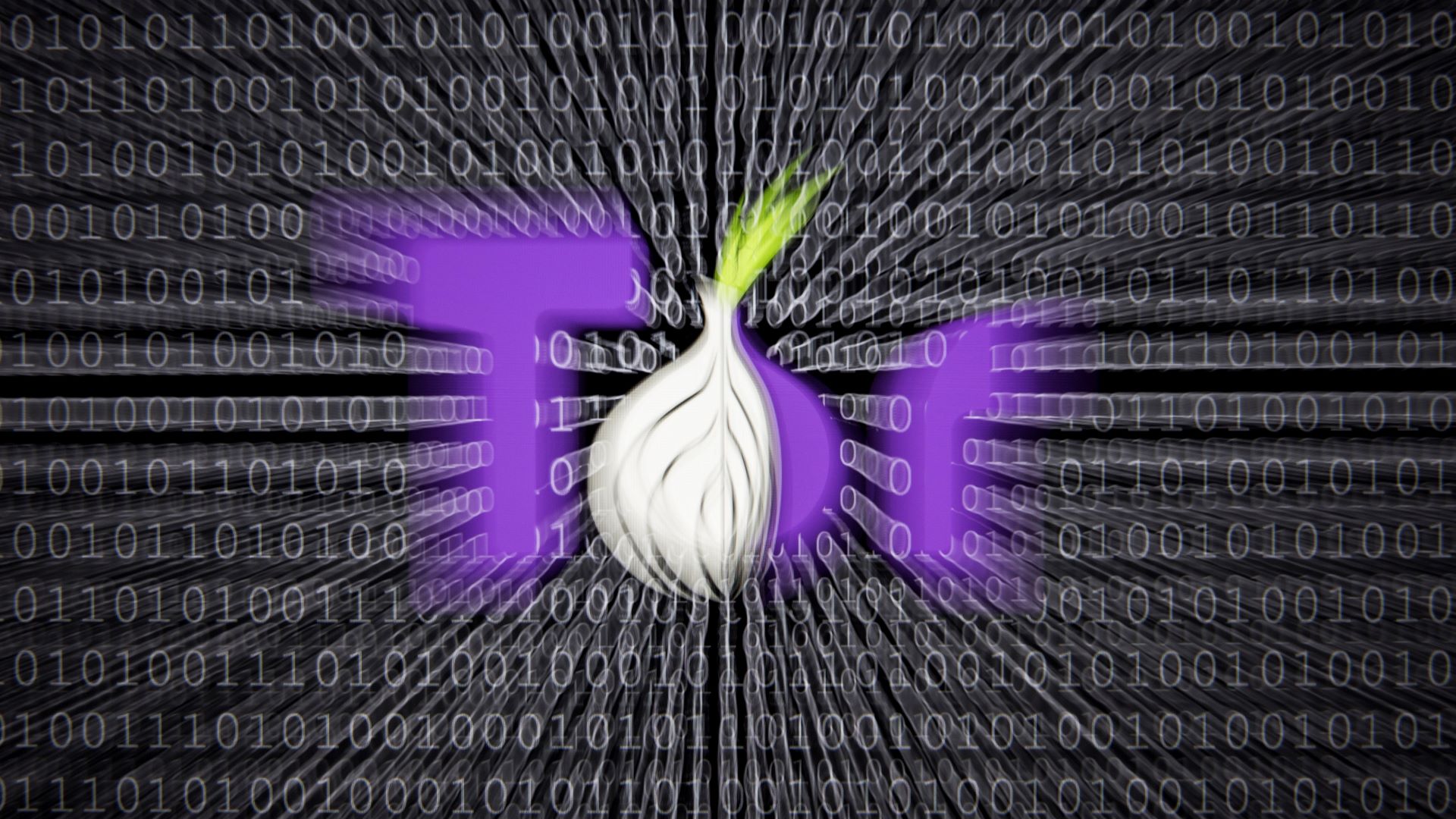Electronic Frontier Foundation (EFF) challenges universities to support Tor
The Tor University Challenge calls academics to do their part to foster privacy and free speech online

Universities across the world now have a new easy way to directly support the Tor browser in fostering better privacy and free speech online.
With censorship on the rise everywhere and governments increasingly clamping down on the use of VPN services and other circumventing tools, Tor remains a vital way to evade both government surveillance and geo-restrictions. Yet, the network is always in need of more bandwidth and computers to make everything work at its best. Simply put, the more help Tor gets, the more users would be able to defend their digital freedoms.
That's why digital rights watchdog the Electronic Frontier Foundation (EFF) launched the Tor University Challenge on August 8, calling both academics and students to start running Tor relays on campus. These are the bridges between the open and restricted internet—the core infrastructure behind the secure browser—all run by volunteers, of course. Below are more details on how to join the initiative.
EFF Tor University Challenge
"Journalists, political and social activists, attorneys, businesspeople, and other users all over the world rely on Tor for unfettered, unmonitored access to knowledge and communications," said EFF Senior Staff Technologist Cooper Quintin.
While using Tor is as simple as any other browser, the underlying concept is what sets it apart from other privacy tools. So-called "onion routing," works by routing the traffic through multiple servers (at least three) and encrypting the data each step of the way. These extra encryption layers might make connections a bit slower, but it's vital when battling against digital oppressions.
Software aside, the volunteer-run Tor relays are the most important component within the network. They are responsible to receive web traffic, anonymize it and pass it along to the next relay. While anyone with access to a computer and the open internet can run such an exit node, these need a lot of bandwidth capacity to work properly.
The more help Tor gets, the more users would be able to defend their digital freedoms.
"The Tor Project relies heavily on the support of volunteers to accomplish its mission of providing every person with access to the unrestricted internet," Pavel Zoneff from the Tor Project told TechRadar.
Are you a pro? Subscribe to our newsletter
Sign up to the TechRadar Pro newsletter to get all the top news, opinion, features and guidance your business needs to succeed!
"Initiatives like these help us expand our network by tapping into a qualified audience who has the resources and technical infrastructure to operate Tor technology safely and grow to our network."
Besides stronger network connectivity and higher availability of technical expertise, university-run relays can provide students with hands-on cybersecurity experience while practically helping real people in the process. This will ultimately foster discussion about the state of free speech around the globe, too.
On this point, Quintin said: "Anonymous speech always has been a pillar of democratic society, letting us discuss anything without fear of retribution. And facilitating this discussion can be a great educational opportunity for students and faculty alike."
EFF announced the Tor University Challenge, a project asking universities to start running Tor relays on campus. Find all the resources you need to convince your university and faculty to contribute to safeguarding people's digital rights: https://t.co/yBDFyOzOXn https://t.co/csPAIFWTcLAugust 8, 2023
"By running a Tor relay, universities can directly promote themselves as defenders of intellectual freedom and vanguards against censorship," the EFF wrote in a blog post announcing the campaign.
That's not all, though, Universities deciding to take on this challenge will also be rewarded with some exclusive prizes.
More than a dozen institutions have already answered the call so far. These include the Massachusetts Institute of Technology, Georgetown University, Carnegie Mellon University, Technical University Berlin, University of Cambridge, and University College London, among others.
Both Tor and EFF urge schools, professors, or students interested to join the initiative to reach out via the official website toruniversity.eff.org.


Chiara is a multimedia journalist committed to covering stories to help promote the rights and denounce the abuses of the digital side of life – wherever cybersecurity, markets, and politics tangle up. She believes an open, uncensored, and private internet is a basic human need and wants to use her knowledge of VPNs to help readers take back control. She writes news, interviews, and analysis on data privacy, online censorship, digital rights, tech policies, and security software, with a special focus on VPNs, for TechRadar and TechRadar Pro. Got a story, tip-off, or something tech-interesting to say? Reach out to chiara.castro@futurenet.com